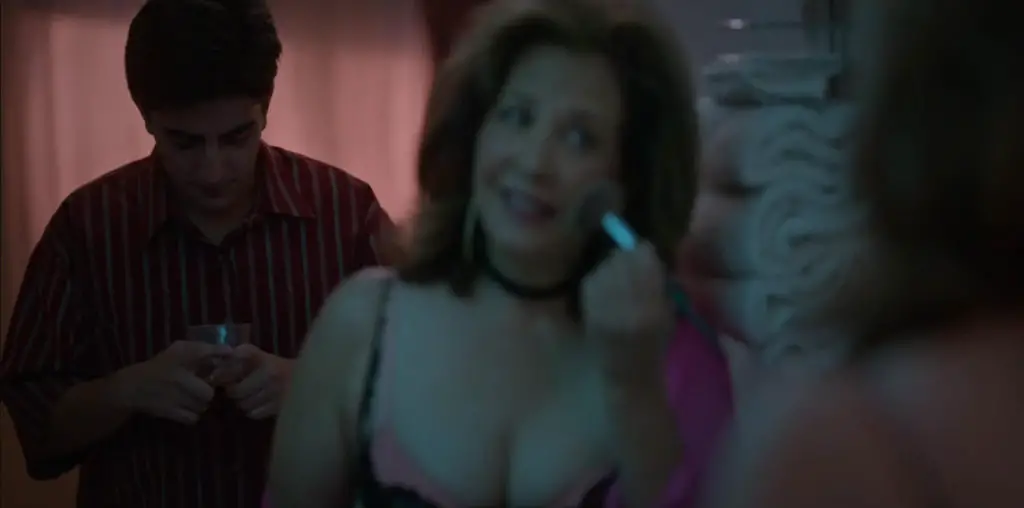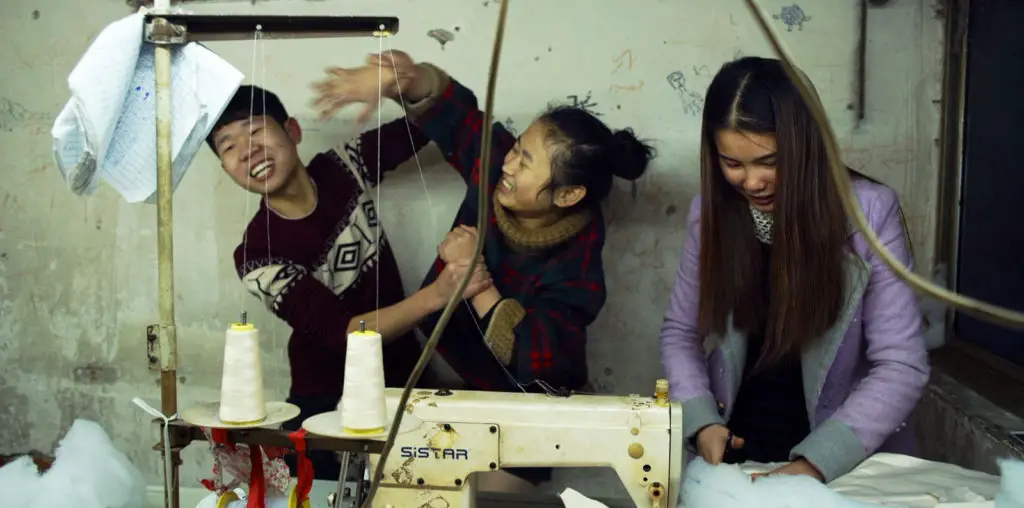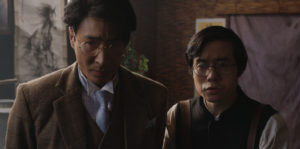
Robin Wang’s short film, Neither Donkey Nor Horse, not only depicts the departure of ancient Eastern and modern Western forms of medicine but also illuminates the arrogance that can spark from Western scientific “truth.”
In the middle of the 1910 Manchurian Plague in China, Dr. Wu Lien-teh (Chris Pang) is caught between the old and the new. As thousands in China die of the Manchurian Plague, the lead Chinese herbalist, Master Yao Shi-jie (Jim Lau), finds that the ancient remedies are not strong enough to heal his dying patients.
Meanwhile, in the rest of the world, a consortium of scientists led by Dr. Gerald Mesny (Michael Monasterio) believes that this is the bubonic plague and has urged China to allow the Russians to take over important train stations to prevent the movement of infected rats from reaching Russia and eventually Europe.
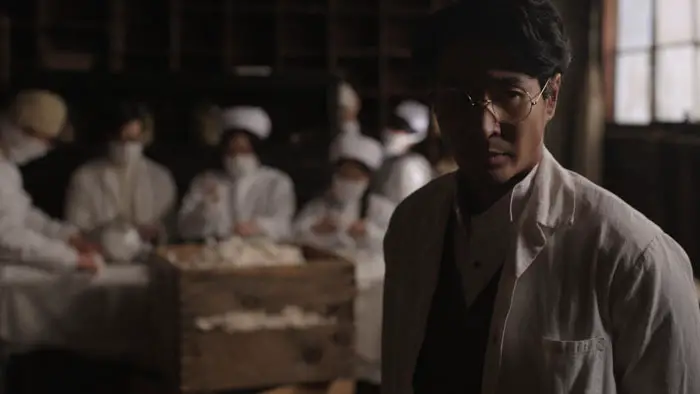
“…the ancient remedies are not strong enough to heal his dying patients.”
Dr. Wu is caught in the middle as he knows that the ancient cures are no match for the plague and that Dr. Mesny is wrong in that rats are not transporting the disease but are in the air we breathe and the water we drink. Dr. Wu’s challenge is that Dr. Mesny doesn’t believe Dr. Wu’s assertions because he is aligned with ancient Eastern medicine. The Chinese leaders will not allow him to perform post-mortem research as that violates Chinese spiritual practices of tampering with the bodies of those who passed.
Neither Donkey Nor Horse is an incredible story of those historical figures who were maligned by their critics in pursuit of the truth. I’ve always found that to find the truth, one must question everything.
Morals aside, Neither Donkey Nor Horse is a masterfully crafted film. The sets and costumes look authentic, along with all that science stuff. Director Wang knows every moment and story point to hit as this is a historical drama, and the struggle and conflict that Dr. Wu faces is performed beautifully in Chris Pang’s performance.
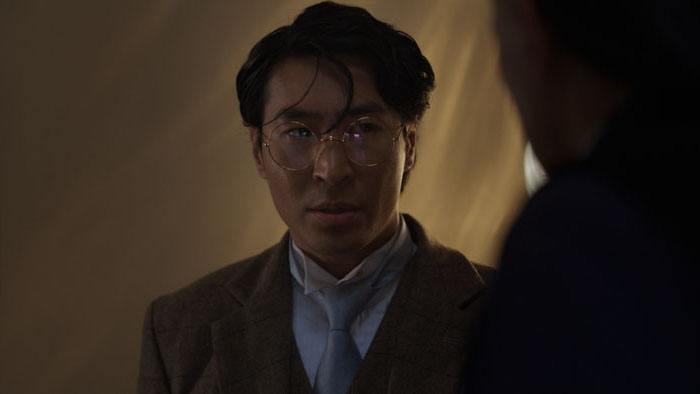
"…masterfully crafted..."
